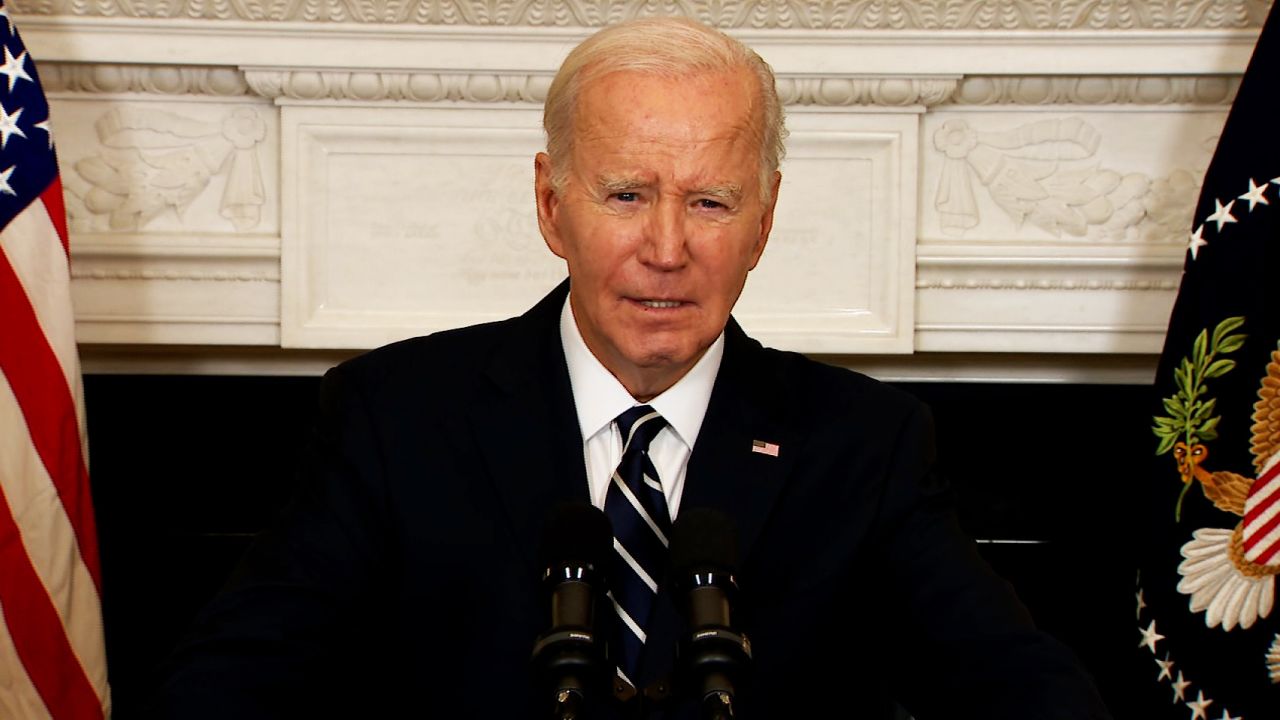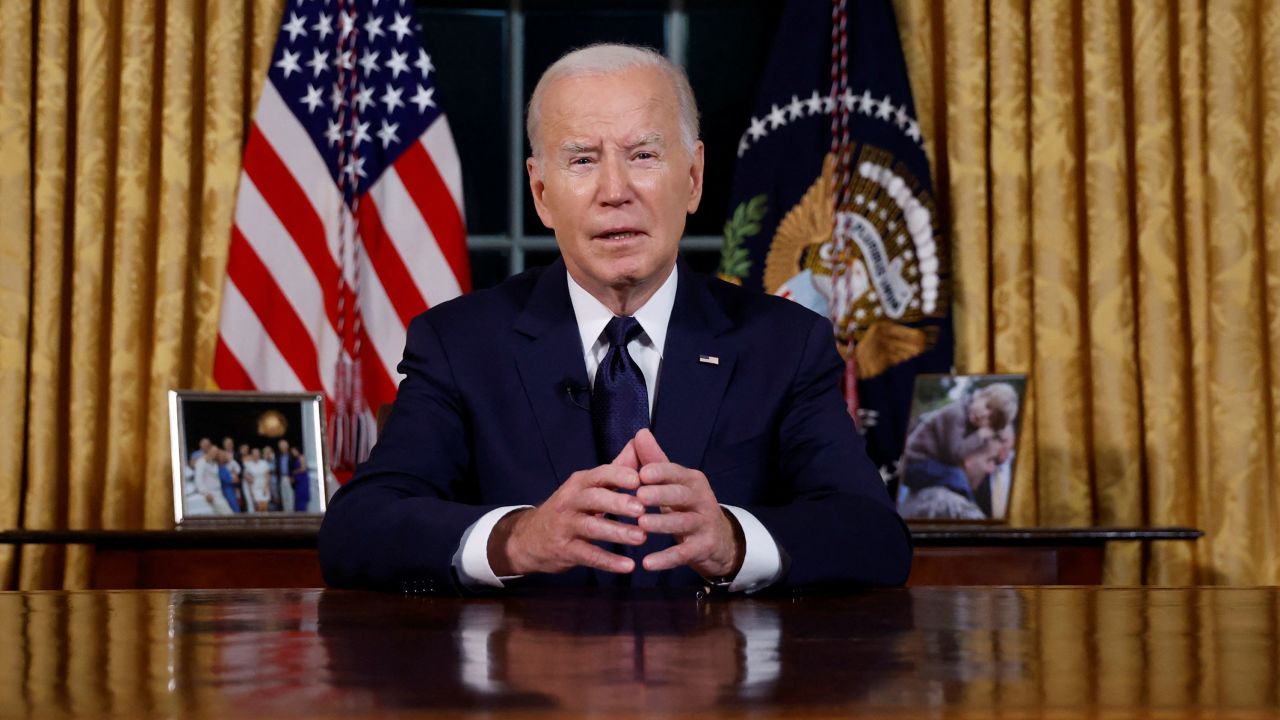President Joe Biden recently addressed the ongoing conflict in Gaza and Israeli Prime Minister Benjamin Netanyahu’s potential motivations regarding a ceasefire deal. During his first press briefing since taking office, Biden acknowledged uncertainty about whether Netanyahu is intentionally delaying negotiations to sway the upcoming U.S. elections.
He underscored his administration’s strong support for Israel, stating, “No administration has helped Israel more than I have,” and urged Netanyahu to remember this backing.
Concerns are mounting among Democrats that Netanyahu’s actions may be politically motivated, potentially affecting Biden’s standing. Senator Chris Murphy articulated that some of Netanyahu’s decisions could be interpreted as strategically linked to the American elections.
Current polling indicates that the increasing violence in the Middle East is adversely impacting Biden’s approval ratings, especially among Arab-American voters, posing a significant challenge for the Democratic Party in the upcoming elections.
Biden has been actively pursuing a diplomatic resolution between Israel and Hamas for several months, believing that a ceasefire agreement before the election could bolster both his and Kamala Harris’s positions.

Joe Biden
However, achieving this outcome seems increasingly unlikely as Biden has publicly expressed frustration with the lack of progress. While he has criticized Hamas for the deadlock in negotiations, he has also pointed fingers at Netanyahu for not making sufficient efforts to reach an agreement.
The relationship between Biden and Netanyahu has noticeably deteriorated, in stark contrast to Netanyahu’s previous alliance with former President Donald Trump. Reports indicate that Netanyahu might hesitate to pursue a diplomatic solution due to the potential backlash from his political coalition, which could be against such negotiations.
This political environment complicates the already challenging prospect of reaching a ceasefire, with Netanyahu stating that no deal is on the horizon, despite U.S. officials believing progress was being made.
In response to concerns about Israeli military actions, Biden addressed the possibility of strikes on Iranian oil fields following a recent ballistic missile attack on Israel. He remarked that Israel has yet to finalize its plans, suggesting they consider other options beyond targeting oil infrastructure.
Biden’s comments regarding potential military strikes contributed to rising oil prices, reflecting the intricate interplay of international relations and domestic political considerations in this ongoing crisis.











































